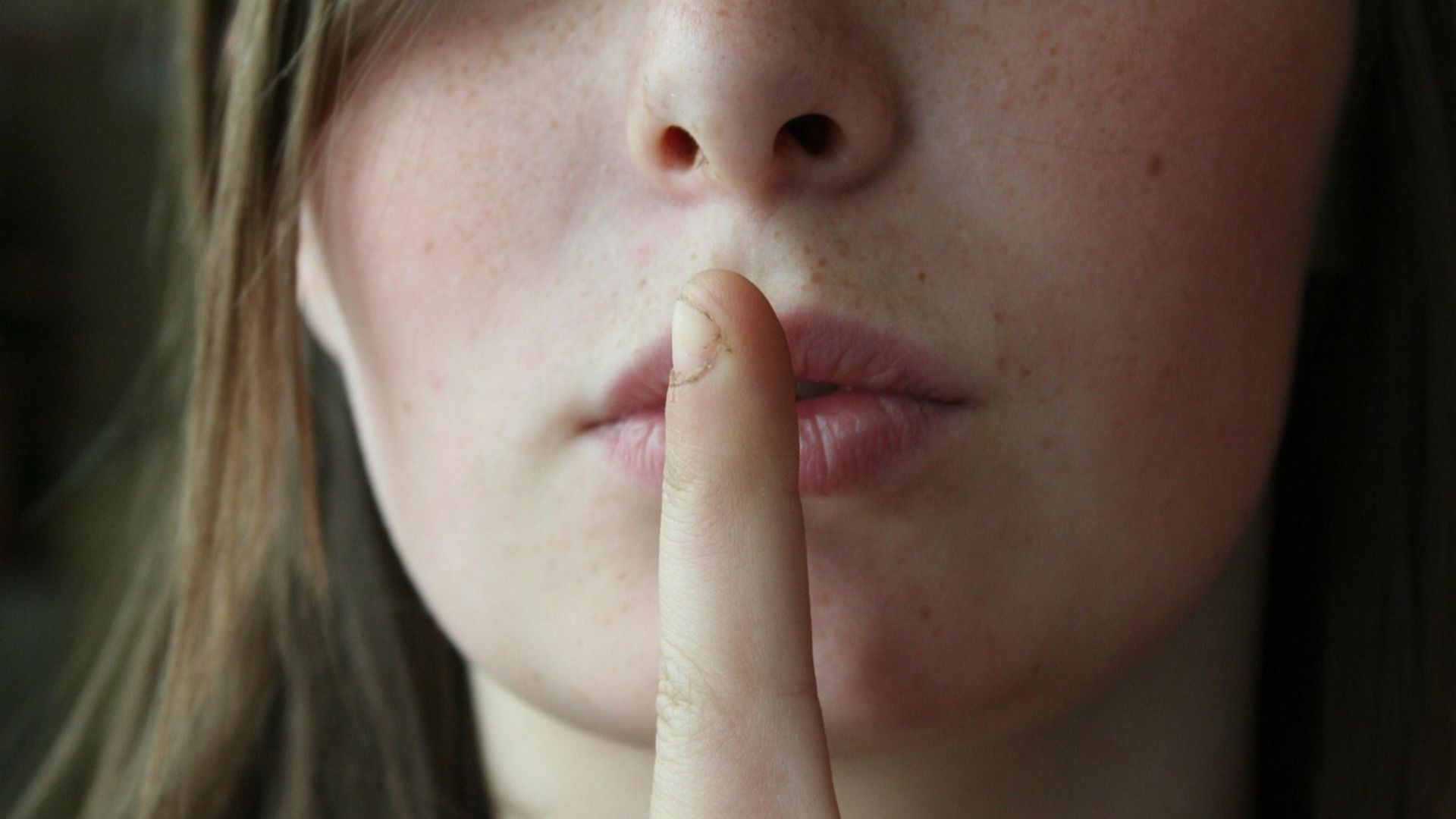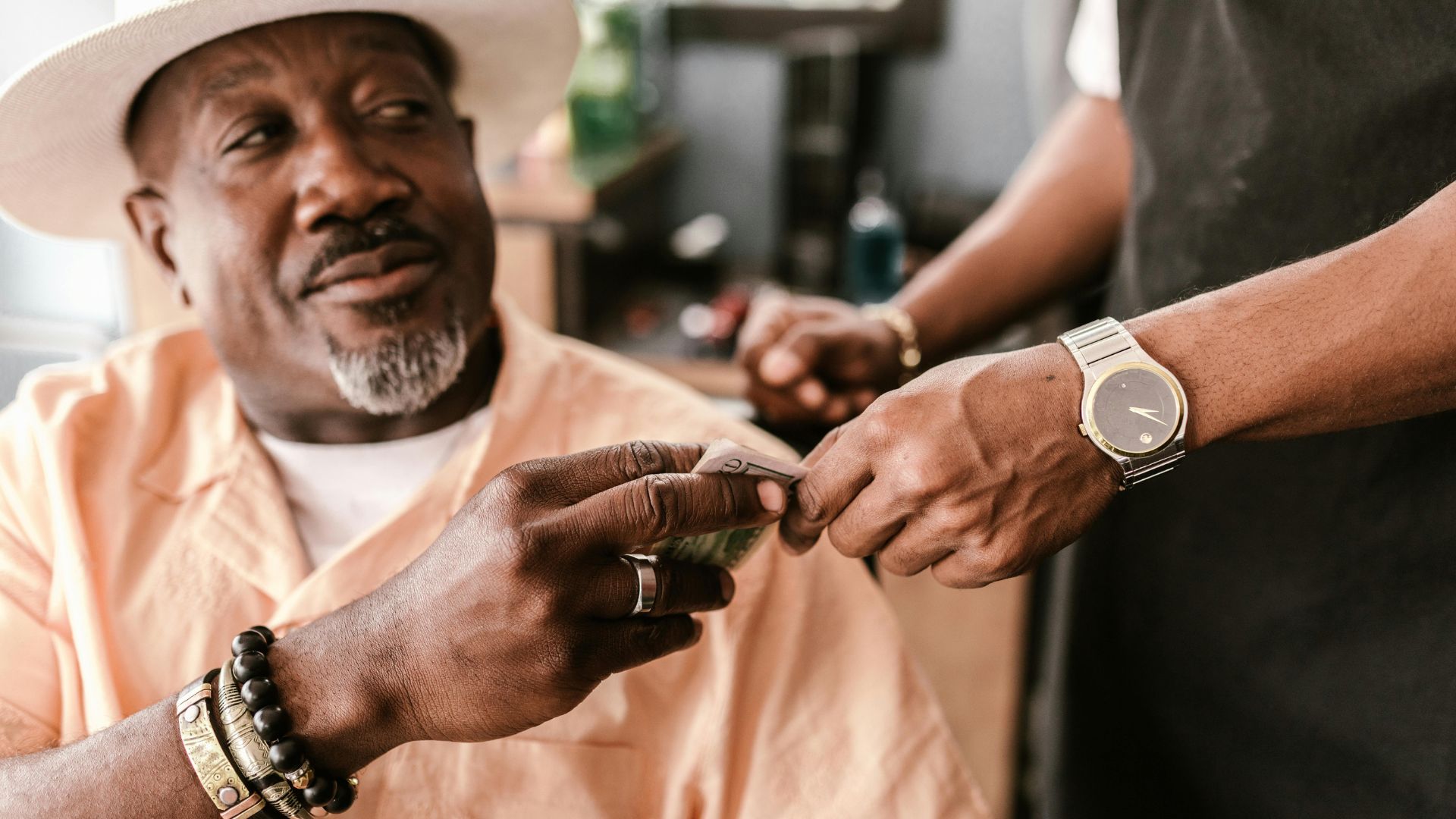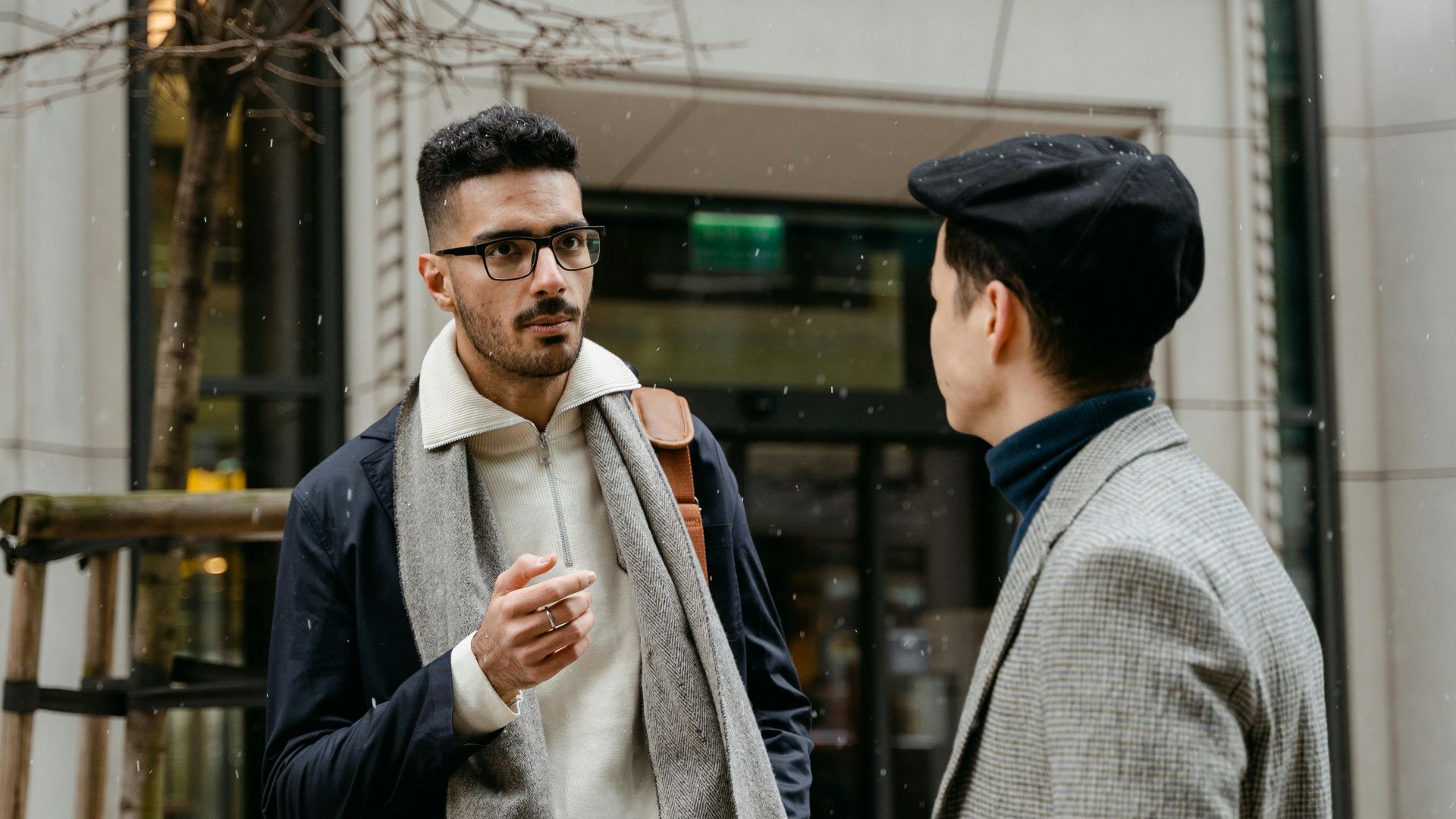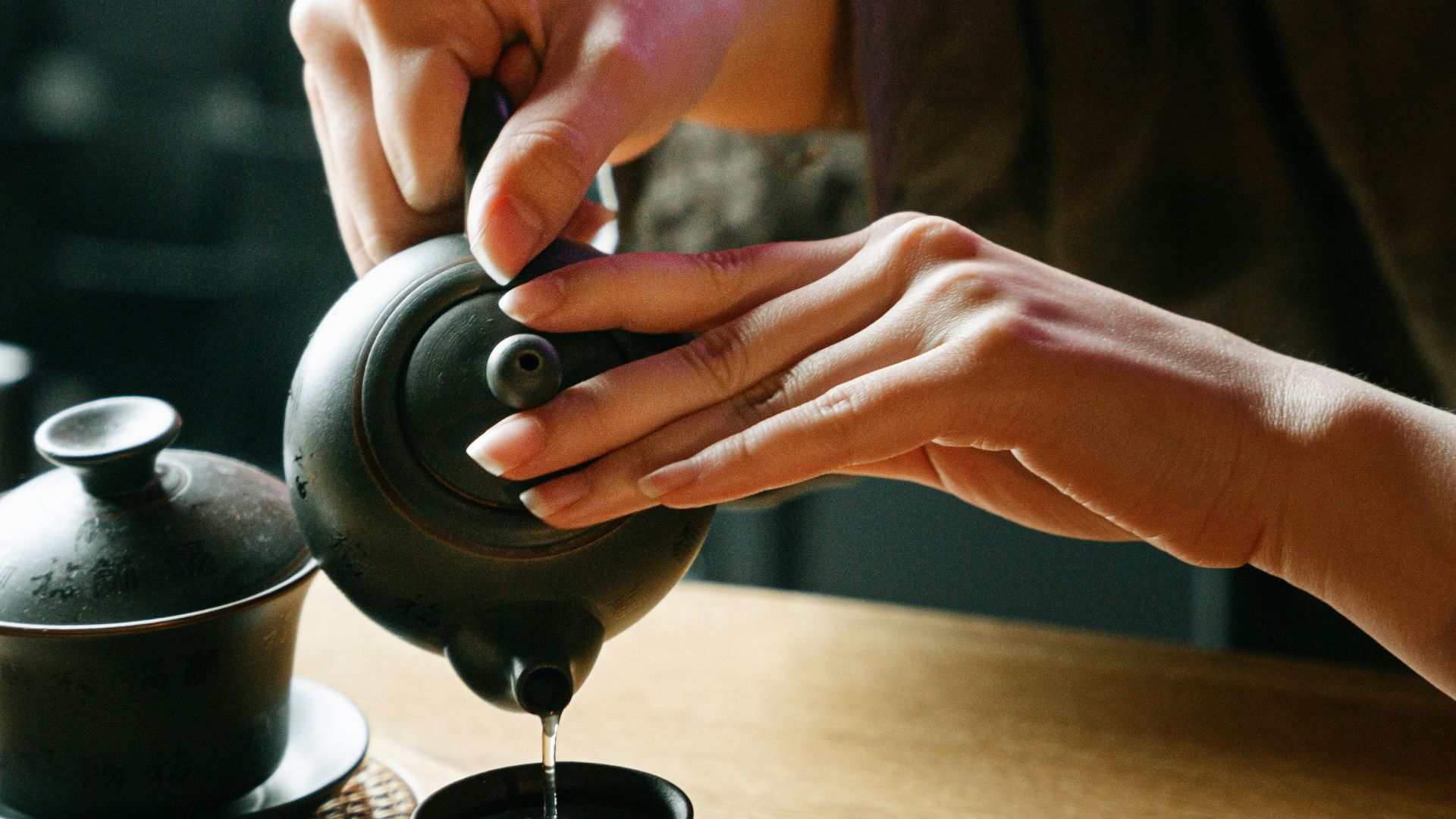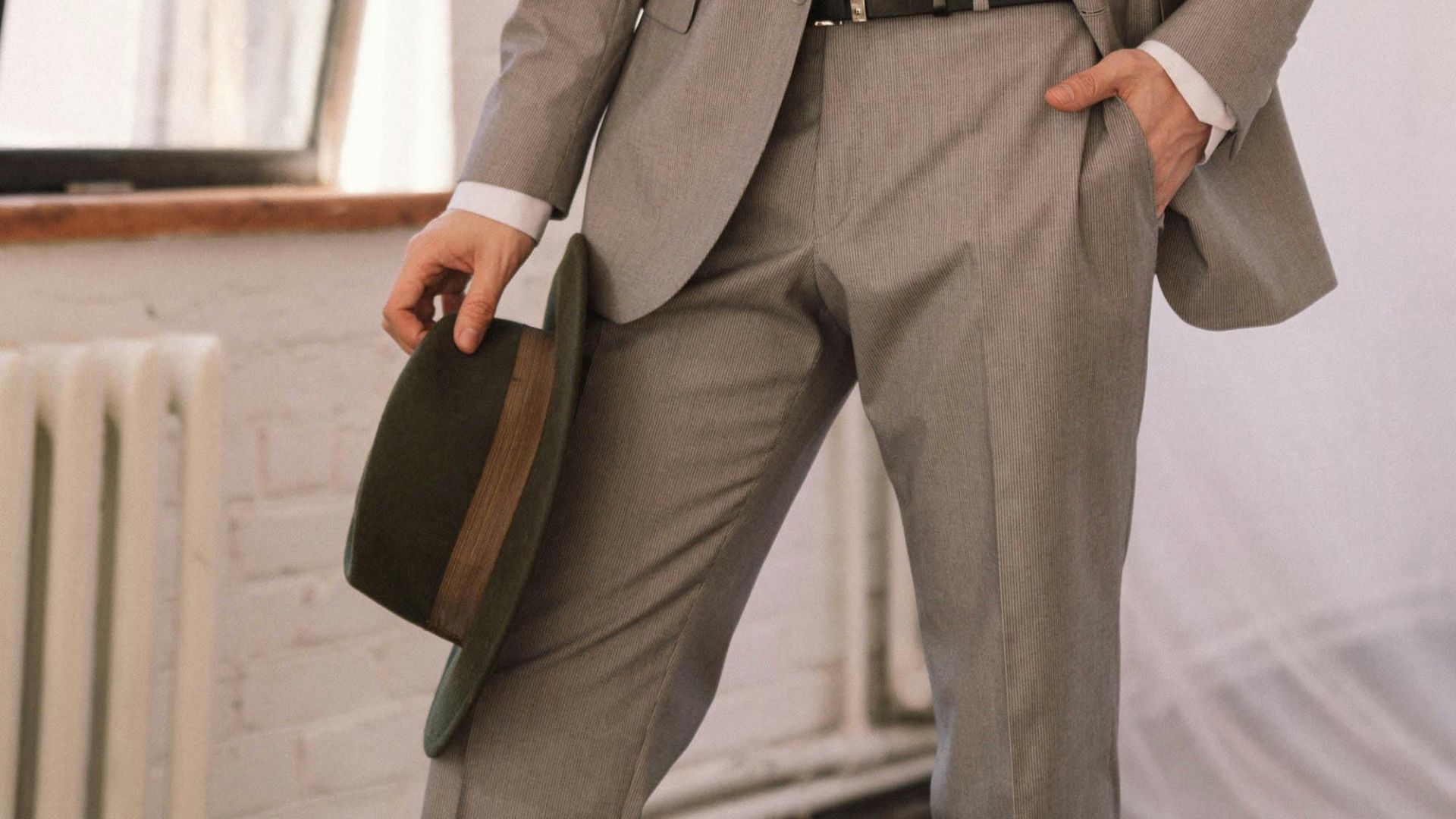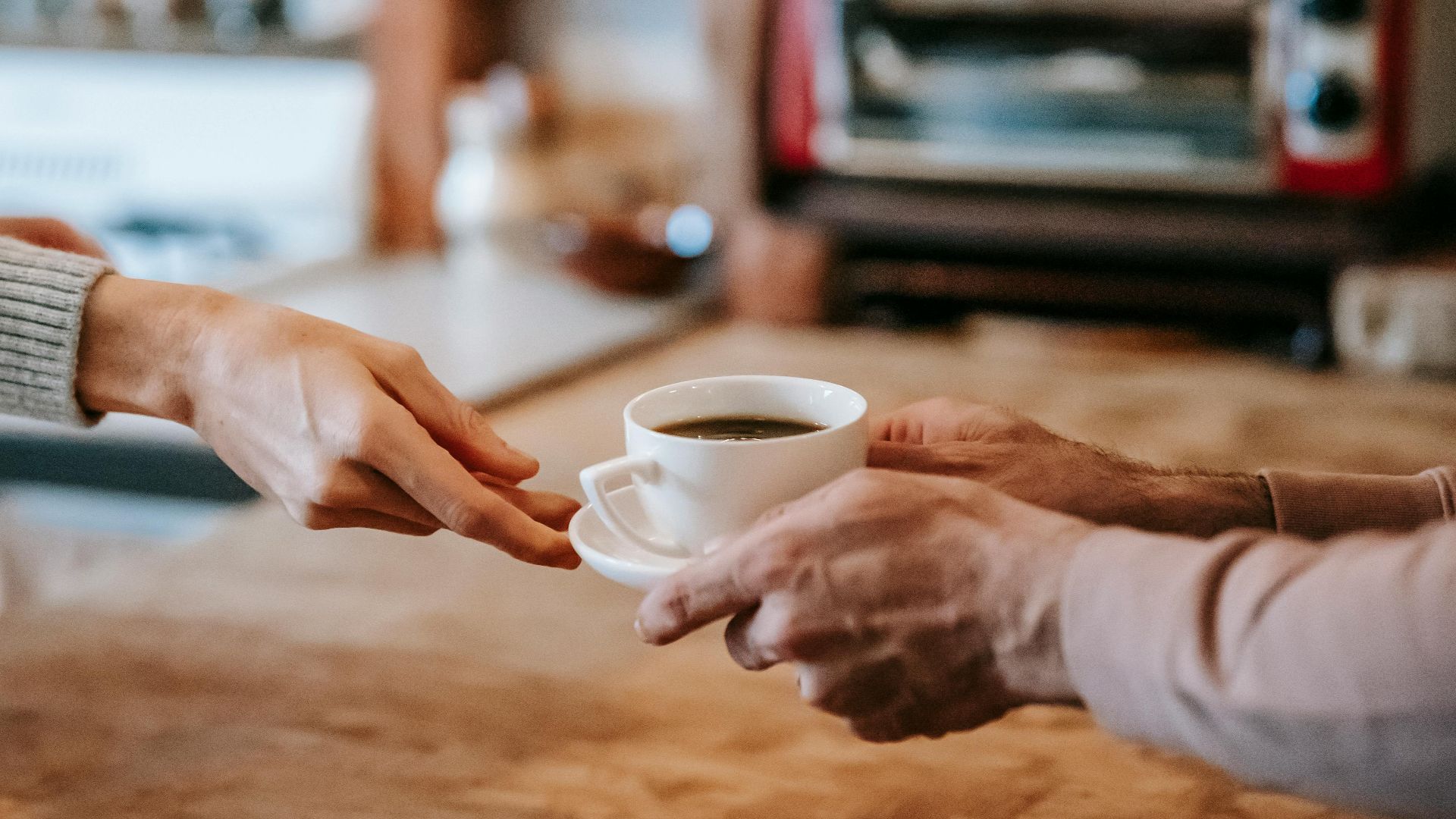The Unwritten Rules
Traveling the world sounds like a dream—until you realize the dream comes with invisible rules no one warned you about. For Americans, stepping into another culture can feel like showing up to a party in the wrong outfit. You’re smiling, nodding, doing your best… and still somehow getting it all hilariously wrong. So, let’s pull back the curtain on those cultural moments that leave Americans scratching their heads.
1. Smile Less In Eastern Europe
Smiles don’t always say “friendly.” In places like Moscow, grinning at strangers seems out of place or fake. Locals save facial warmth for genuine moments. Hence, you might notice stoic faces on the metro—don’t mistake it for unkindness.
2. Keep Your Voice Down In Switzerland
Volume control is sacred across Swiss cities. Inside trains, restaurants, and even parks, loud voices are frowned upon. You’ll rarely hear a phone conversation shouted across a cafe. Keep your voice low, and you’ll blend in more quickly than your fondue melts.
3. Forget Tipping In Japan
In Tokyo, tipping often feels out of place, as it disrupts the cultural balance. Restaurant bills are designed to cover all costs, and offering extra yen may unintentionally embarrass the staff. Instead, the best way to show gratitude is with a heartfelt “Arigatou gozaimasu.”
4. Remove Shoes At The Door
Step inside a Korean home, and you’ll find a line of neatly placed slippers. Dirty soles indoors are a major no-go. Households even keep guest slippers ready. That’s why leaving your shoes on sends the wrong message—like bringing street dust to dinner.
5. Ditch The Small Talk In Germany
Germans consider small talk a cultural distraction rather than a social grace. Here, directness signals respect, not coldness. Even when socializing, people tend to skip pleasantries and move straight to meaningful discussions, which can be politics, philosophy, work, or current events.
6. Avoid Eye Contact In Nigeria
Too much eye contact may intimidate or insult, especially when addressing elders. In parts of Nigeria, looking directly into someone's eyes signals aggression. So, respect traditions by lowering your gaze during greetings, as it is deeply woven into a generational hierarchy.
7. Respect The Sacred Head In Thailand
Touching someone’s head, even affectionately, is taboo in Thai culture. The head is considered the body’s most spiritual part. Tourists patting a child’s hair in Chiang Mai might be met with stiff silence. Always stick to polite gestures, like a traditional “wai” with hands pressed.
 Photo By: Kaboompics.com on Pexels
Photo By: Kaboompics.com on Pexels
8. Use Both Hands In Korea
Offering a gift? Pouring tea? Always use two hands in South Korea. One hand signals laziness or rudeness, especially among elders. A single-handed pass at a dinner table might turn heads for the wrong reason. So, show respect through gestures.
9. Gifts Get Unwrapped Later In China
Opening a gift in front of the giver is usually avoided in China, where modesty and discretion are prized virtues. When giving a gift, it’s also polite to present it with both hands. Understanding this subtle gesture of restraint shows awareness of cultural nuance.
10. Arrive Late In Argentina
Punctuality in Argentina operates on a more relaxed, culturally flexible timeline. Arriving 15 to 30 minutes late to a dinner party or casual gathering is not just accepted; it’s often expected. However, timing norms shift in formal settings.
11. Skip The Kissing In India
Public displays of affection can offend, and in India, kissing or hugging in public is inappropriate. Several tourists have faced fines under Section 294 of the Indian Penal Code. A handshake or head nod keeps things polite and legally unproblematic.
12. Pause Before Walking And Eating In Japan
Eating while walking is generally frowned upon across Japanese cities and towns. Grabbing a snack at a street stall? Locals typically step aside to finish it before continuing. Even in fast-paced urban areas, people pause, consume, and then resume walking.
13. Cappuccinos Stop At Breakfast In Italy
Italians consider milky coffee drinks strictly breakfast fare, usually paired with a sweet pastry or cornetto. Consuming milk later in the day, especially after a meal, is thought to hinder digestion. While no one will stop you from ordering a cappuccino at 3 p.m., expect to be gently pegged as a tourist.
14. Rethink Thumbs-Up In Iran
Deep-rooted in historical and cultural context, the thumbs-up has carried vulgar meanings for generations across parts of the Middle East. Using it casually in public or during conversation may shock or offend locals, who interpret it in a very different way.
15. Take Off Your Hat Indoors In France
Hats may be stylish, but manners still hold sway. Whether you’re dining in a countryside bistro or stepping into a friend’s apartment, taking off your hat shows refinement and awareness. However, exceptions might exist in ultra-casual or fashion-forward settings.
16. Accept The Coffee In Bosnia
Coffee culture here is sacred—a moment of connection and bonding. Hosts offer it with pride, often brewed strong and served in a dzezva, the traditional pot. Accepting the cup, even if you only sip a little, honors the gesture and opens the door to meaningful conversation.
17. Don’t Point With Your Finger In Malaysia
Cultural norms emphasize politeness and non-confrontation in speech and gestures. What might seem like a simple motion to Americans can come across as accusatory or disrespectful in Malaysian society. Switching to gentler gestures shows that you’ve taken the time to learn respectful cultural habits.
18. Avoid Money Talk In Norway
Asking about salaries? Norwegians tend to downplay wealth and success, and there's a national discomfort with overt displays of status. Even friendly money-related questions can create awkwardness or distance. Instead, conversations usually center on shared interests.
19. Cover Shoulders At Temples In Cambodia
Temples are sacred spaces, and traditional dress codes reflect spiritual reverence and cultural humility. Visitors should ensure their attire covers shoulders, chest, and knees, with long pants or skirts and sleeved shirts preferred.
20. Toss The Gum In Singapore
The country enforces strict regulations against importing or selling chewing gum, and sticking it under seats or sidewalks is treated as a public nuisance offense. While therapeutic gum is allowed under prescription, recreational chewing is heavily discouraged in public spaces.




